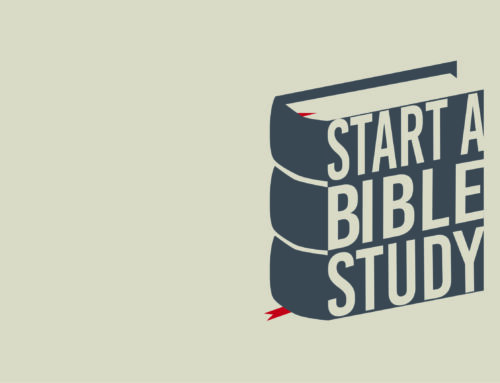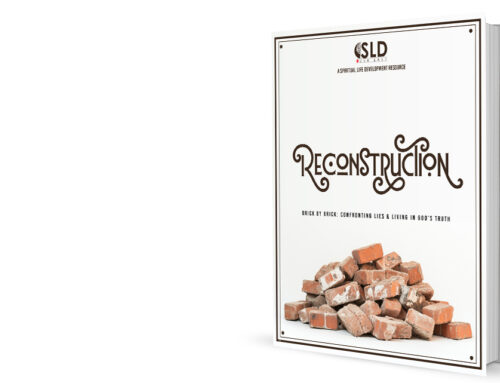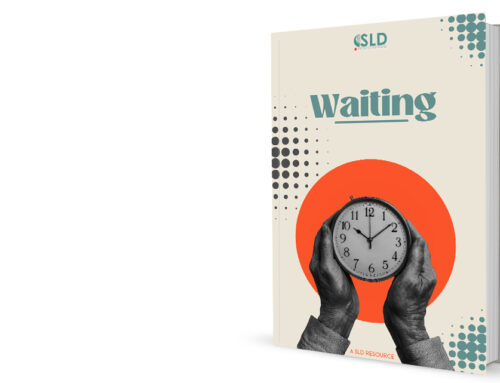 Leaves are lungs that inhale carbon dioxide and exhale oxygen. They return carbon to the soil and produce sugar to nurture fruit. Pruning dead and excessive foliage allows more sunlight to reach the remaining leaves, who then dedicate their sugar to nurturing fruit rather than more leaves. I needed to prune worry from my mind in order to use my energy to produce more fruits of the spirit [c.f. Galatians 5:22].
Leaves are lungs that inhale carbon dioxide and exhale oxygen. They return carbon to the soil and produce sugar to nurture fruit. Pruning dead and excessive foliage allows more sunlight to reach the remaining leaves, who then dedicate their sugar to nurturing fruit rather than more leaves. I needed to prune worry from my mind in order to use my energy to produce more fruits of the spirit [c.f. Galatians 5:22].
The Eastern Territory Cultivate 2.0 spiritual growth program helped me to prune worry and nurture the fruit of peace in my prayer life. We read Phillip Yancey’s book “Prayer, does it make any difference? Yancey wrote that we often take a position downstream when we pray. We fight against the current, anxiously pleading for God to do what we believe to be best.
Praying from downstream is common and speckled with worry. It is bargaining prayer. It is an immature prayer. I recall that when I was a child, my dad’s car broke down one night as we returned from a Boy Scouts activity. On the side of the road, I promised God that I would follow all of the commandments for the rest of my life if God were to intervene. Only a child would try to manipulate Omnipotent God.
A few years ago, I returned a prodigal son to Totontepec, an indigenous village in the Sierra Mixe district of Oaxaca, 6,000 feet above sea level. Totontepecanos speak a dialect of prehistoric Mixe that has less than five thousand speakers. With rugged terrain and scarce resources to offer marauders, the town avoided the Aztec Coalition and later Hernán Cortez. They dodged the Roman Catholic missions of the Spanish conquest. Inhabitants credit a rock formation in the form of a miter for this protection. Residents climb to the base of this formation and leave prayers and candles, like people who visit the Wailing Wall remnant of the second temple.
What is the result of bargaining prayer? We know that we may or may not bring the offering, make the sacrifice, or quit smoking as promised. If things do not go our way, we might wonder whether we impeded the prayer; or whether God’s will be contrary to our wishes. We might rest in the belief that we tried something, at least. We might release ourselves from our end of the bargain and continue to worry.
…we can take a position upstream, where love, grace, and mercy flow from God’s abundance.
Yancey says that instead of starting downstream, we can take a position upstream, where love, grace, and mercy flow from God’s abundance. We acknowledge that God loves our friend with cancer and is intimately familiar with his or her suffering. We trust that God is able. We enter from upstream in faith, believing that God is in control. We seek to be part of the flow, carrying God’s love, grace, and mercy to those for whom we intercede. We replace worry with acts of kindness in God’s name.
click here to purchase your copy of Phillip Yancey’s book “Prayer, does it make any difference?”
written by Bob Chase, soldier at the New Britain, Connecticut Corps




